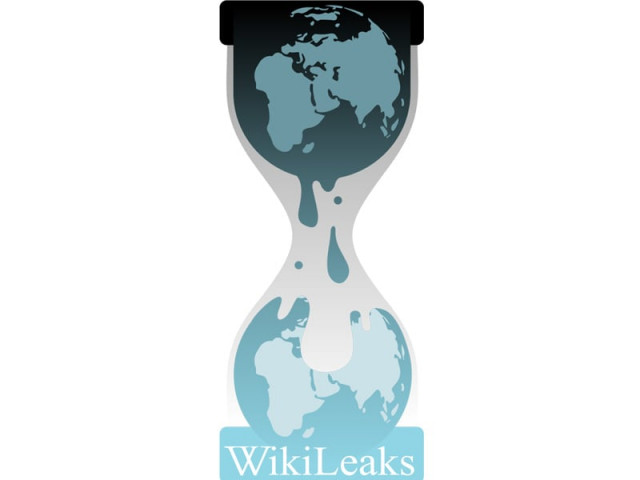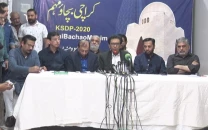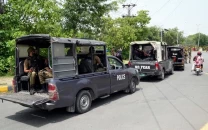WikiLeaks on 2008 General Elections: Winning elections, with a little help from your ‘friends’
Cables reveal that PML-Q was prepared to break laws to make Mushurraf win.

For Pakistan’s political parties, everything has always been fair in love, war and elections. The US Embassy cables released by WikiLeaks cement the longstanding perception that general elections have been influenced by exogenous factors – factors outside the polling booth.
In 2006, Pakistan Muslim League-Quaid (PML-Q) leader Mushahid Husain told US officials that the party’s strategy for the next general elections would focus on then-president Pervez Musharraf, to capture a vote bank that supported the president but not necessarily the party itself, including the “youth, liberal middle class and women”.
The PML-Q was prepared to break election laws to make this happen. Husain, despite reassuring the officials that the PML-Q wanted ‘free and fair’ elections, said the party would “use development funds to support candidates in marginal districts, the president would actively campaign on behalf of the PML-Q, and intelligence services would continue to conduct polling of the party and its candidate popularity in key constituencies.”
On the other hand, Nawaz Sharif’s “confidante” Rana Mashhood Ahmad Khan told the US that he was acting as an “intermediary on classified issues between the military intelligence and the Sharif brothers”. Khan claimed that Army Chief General Ashfaq Parvez Kayani preferred Sharif over late Pakistan Peoples Party (PPP) chairperson Benazir Bhutto or PML-Q’s Chaudhry Pervaiz Elahi.
The cable states Khan as saying that a “plan is in the works” for Sharif and Kayani to publicly meet and that would be taken as a “tacit endorsement”. US officials found this information surprising and could not confirm it through other sources.
In other cables about the pre-election scenario, Saudi intelligence chief Prince Muqrin bin Abdul Aziz al Saud, “speculated that there is probably an agreement between Sharif and the Pakistani chief justice, adding that if the chief justice grants Sharif the right to return to Pakistan and Sharif wins, the chief justice will become president.”
Former prime minister Bhutto also realised prior to the elections that she had to protest the state of emergency imposed by Musharraf. Bhutto told the US ambassador to Pakistan that while she was ready to continue the “roadmap” on her agreement with Musharraf, he had left her with no choice but to protest the state of emergency.
According to a November 8, 2007 cable, Bhutto said that Musharraf had invited her back from Dubai for talks on the roadmap and then suddenly imposed the state of emergency. “I was prepared to meet with him but now I can’t do it,” Bhutto is quoted as saying. “He must fulfil his promises first.”
When the US ambassador expressed concerns regarding her security, she said she had to go forward, otherwise, “I will be considered as being in cahoots with Musharraf.”
According to the cable, in a meeting with current Federal Commerce Minister Amin Fahim and Federal Interior Minister Rehman Malik, then presidential advisor Tariq Aziz had asked that the PPP not to join the demonstrations. Bhutto said that Musharraf had offered nothing in return and had not agreed to promises made in July to “reconstitute the Election Commission, enact anti-fraud electoral reforms and remove mayors who unduly influence the election process.”
The next day’s cable highlighted Bhutto’s virtual house arrest and mentions that the US ambassador urged Bhutto to “consider the consequences of pushing for demonstrations and to express our concerns regarding further political polarisation and her own personal safety.”
Published in The Express Tribune, September 4th, 2011.



















COMMENTS
Comments are moderated and generally will be posted if they are on-topic and not abusive.
For more information, please see our Comments FAQ